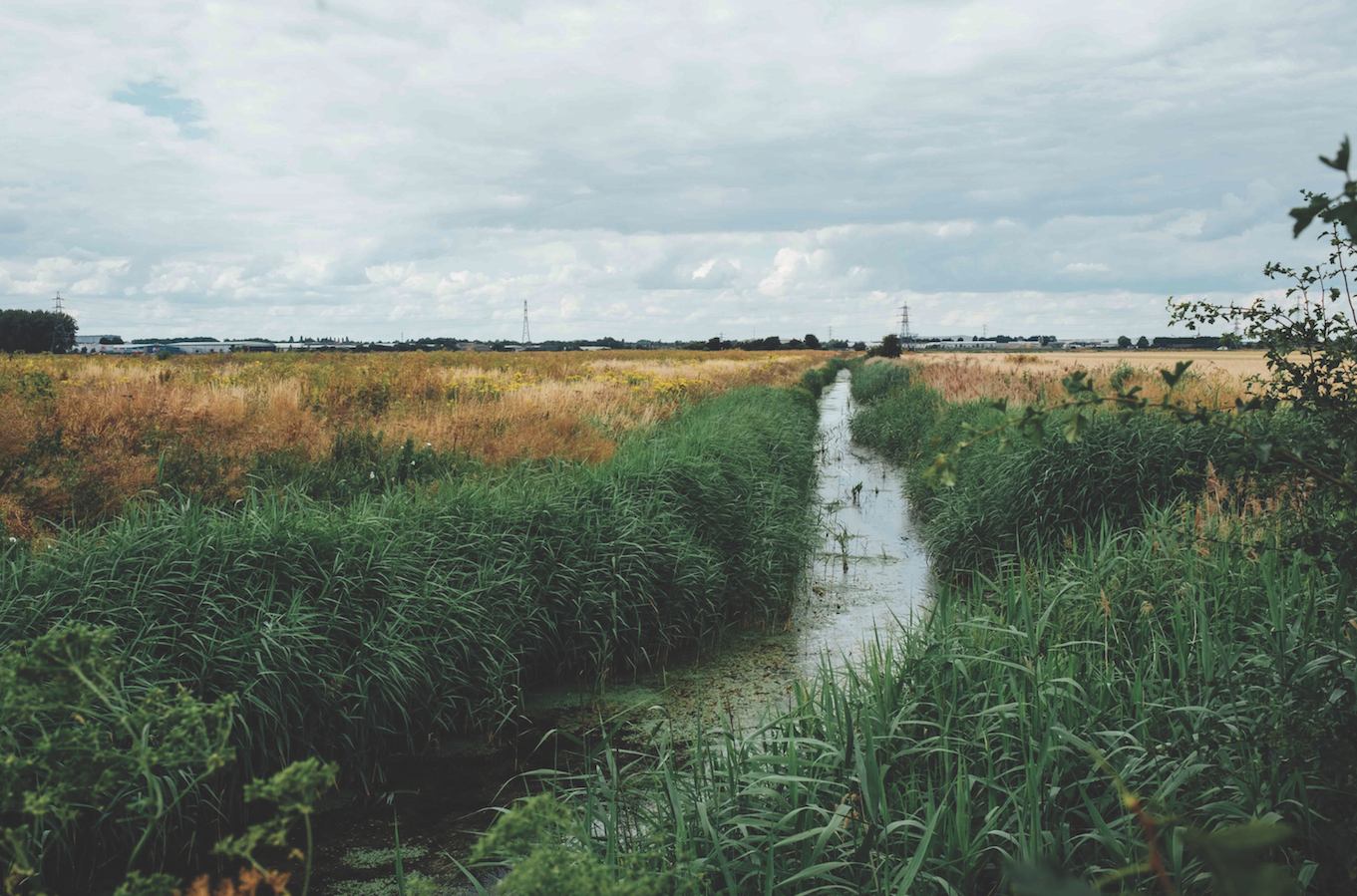What is a wetland? According to new book Swamp by Anthony Wilson (Reaktion Books), wetlands are “in-between areas, mixtures of water and earth, land and liquid.” Let’s explore these murky hinterlands...
Image by Conor Beary
swamp
Renowned as places of abject mystery, the foreboding boat snares we call ‘swamps’ are defined by their ability to support woody plants, such as mangroves and cypress trees, and are permanently saturated by water.
marsh
The smaller and more cumbersome relative of the swamp, ‘marsh’, although very similar, is built up of non-woody plants and nutrient-rich soil that allows all manner of reeds and sedges to flourish.
bog
Taking many centuries to form, these small patches of spongy wetland are characterised by the appearance of partially decayed plant matter called peat. They’re also home to the illustrious British pastime, bog snorkelling.
quagmire
Traditionally known as ground that can’t support a man’s weight, the term ‘quagmire’, or ‘mire’, encompasses both bogs and fens. Although similar, ‘fens’ are more nutrient-rich, less
acidic and support a higher diversity of life.
bayou
Derived from the amalgamation of the Native American word for ‘small stream’, bayuk, and 19th-century French colonialism, a ‘bayou’ is a slow-moving swamp-like section of a river or lake that is filled with fresh or salt water.
Words by Matt Iredale

